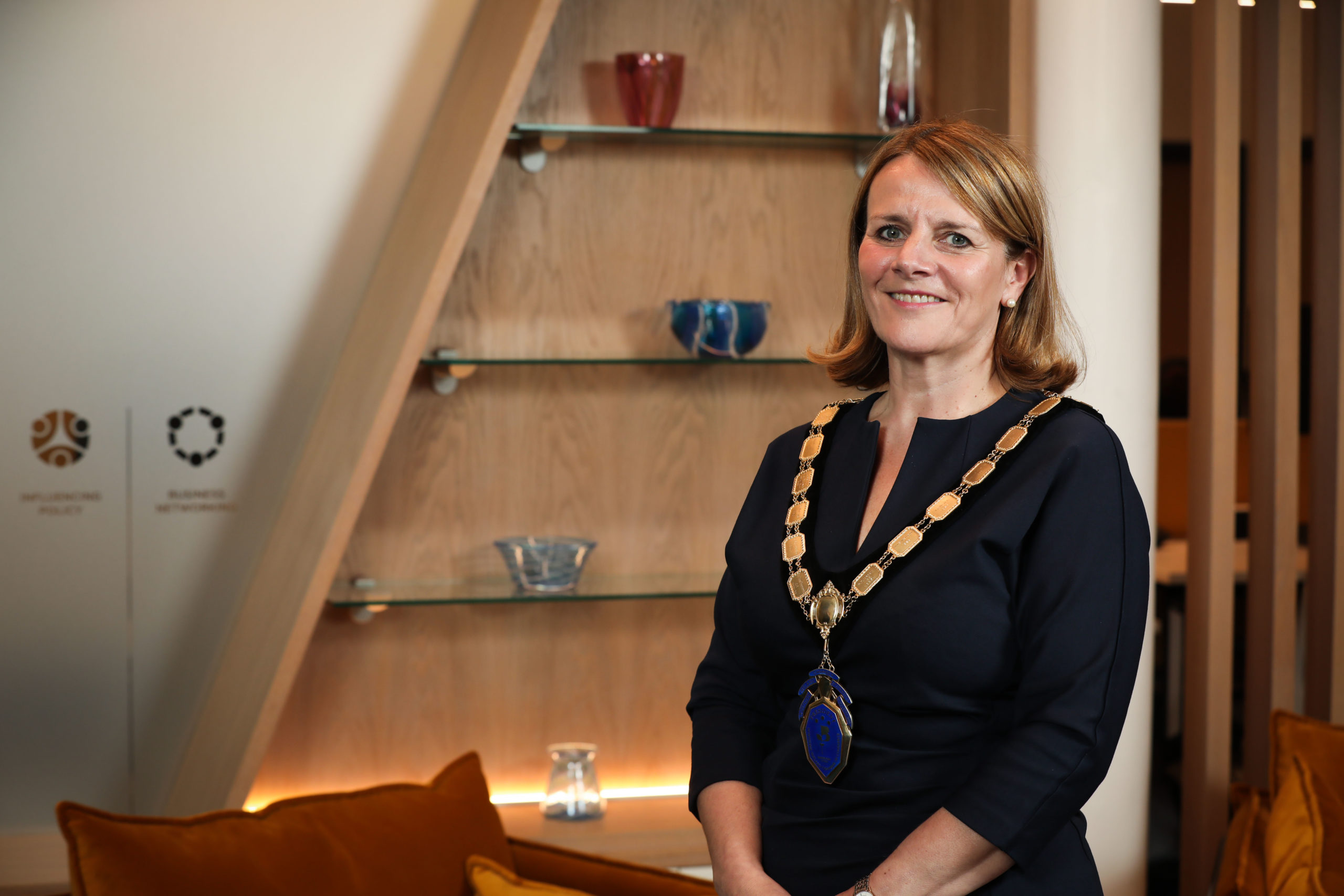In my first View from the Chair column last year, I outlined my priorities for the year in office; they included supporting business with international and regional growth, developing a skilled and inclusive workforce and the development of a clean, green sustainable economy.
During the last 12 months, it’s been a professional privilege to support NI Chamber members on these, and many other issues. While businesses have achieved much during my tenure, I wrote last Spring about how restoring a stable, functioning Executive was an urgent priority, and that is still the case.
An incoming Executive will face an over-flowing in-tray – the list of challenges is almost too lengthy to detail here. Suffice to say, recent budget allocations from NI Secretary of State Chris Heaton-Harris have brought the sustainability of our public finances into sharp focus.
Our fiscal challenges are not all new. And they will only get worse unless action is taken. We need Ministers in place who are ready to take tough decisions and willing to introduce revenue raising measures, however difficult that may be. The first step on that journey will be agreeing, committing to, and then actually delivering upon strategic priorities.
But tough decision making alone will not secure Northern Ireland’s path to sustainability and transformation. If we are truly committed to delivering meaningful transformation of our public services, then it is time that we widened the debate to reflect on how we are funded from Westminster as well.
Currently, around 95% of resources allocated to funding Northern Ireland’s public services come from the Block Grant by way of the Barnett Formula, a formula which has been applied in the same way since the late 70s. We must question whether decades on, that is still fit for purpose. The existing formula is calculated on the historical amount that is devolved. Crucially, ‘population’ is the key factor and not ‘need’. Only recently, the Fiscal Council confirmed that the estimated level of need for public spending in Northern Ireland is around 24% higher than that in England. This underlines how difficult the situation facing our senior civil servants is currently.
For these reasons, we must have an urgent, meaningful debate in two parts asking, what is required from an Executive and what is required from Westminster to stablise government and deliver better, inclusive growth? At NI Chamber, we have welcomed discussions with the Fiscal Council and others, but we all must go further and faster in seeking out solutions to these long-term challenges.
In recent months, we’ve reflected at length about progress and learnings from the 25 years past. Tackling these fiscal challenges is arguably our greatest opportunity to ensure stability through public sector and societal transformation for decades to come.
With the right approach, there are many more tangible opportunities to be grasped, not least because Northern Ireland is now a gateway to two of the world’s largest markets. Unique, unfettered, and flexible access to the EU and UK markets means this is the only jurisdiction in the world where businesses can sell into GB and the EU free of customs and regulatory barriers – international investors are poised and keen to help us realise the potential benefits but they need political stability as a pre-requisite.
We firmly believe that Northern Ireland is well place to position itself as a place apart for green growth, thanks to our size, geography and highly skilled workforce. The independent UK Climate Change Committee has repeatedly advised that to achieve this transition, the majority of additional funding must come from the private sector – that’s yet more untapped potential which can only be fully unlocked with a functioning Executive in place.
As I approach the end of my term as NI Chamber President, I do not want this year to pass without seeing change happen. There is still time to let 2023 be a year of progress.
We’ve reflected at length on the achievements of past – now it’s time to focus resolutely on the future. Delivering for people, businesses and future generations in Northern Ireland by bringing about transformational change and capitalising on the opportunities within our grasp should be the number one priority for us all.


